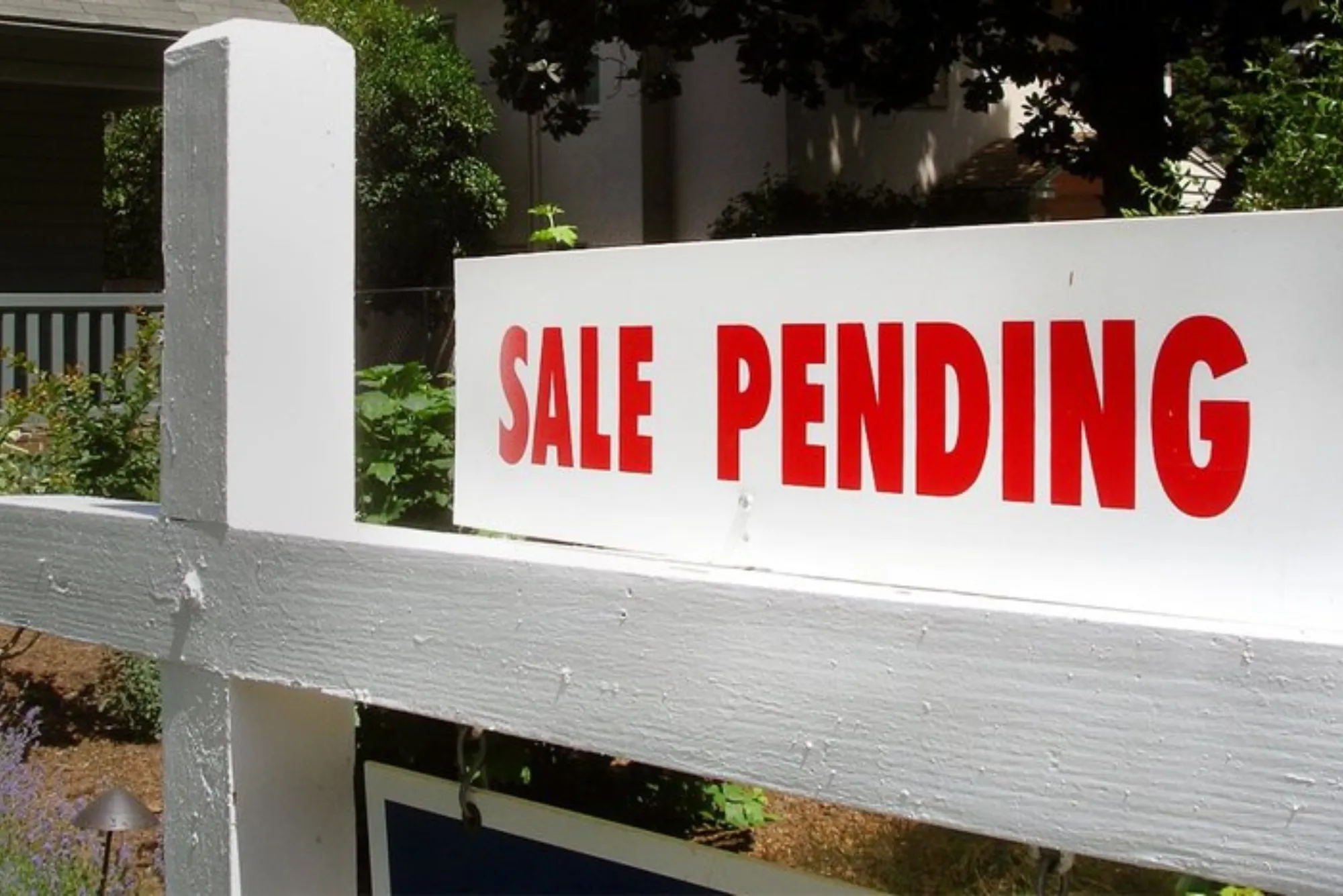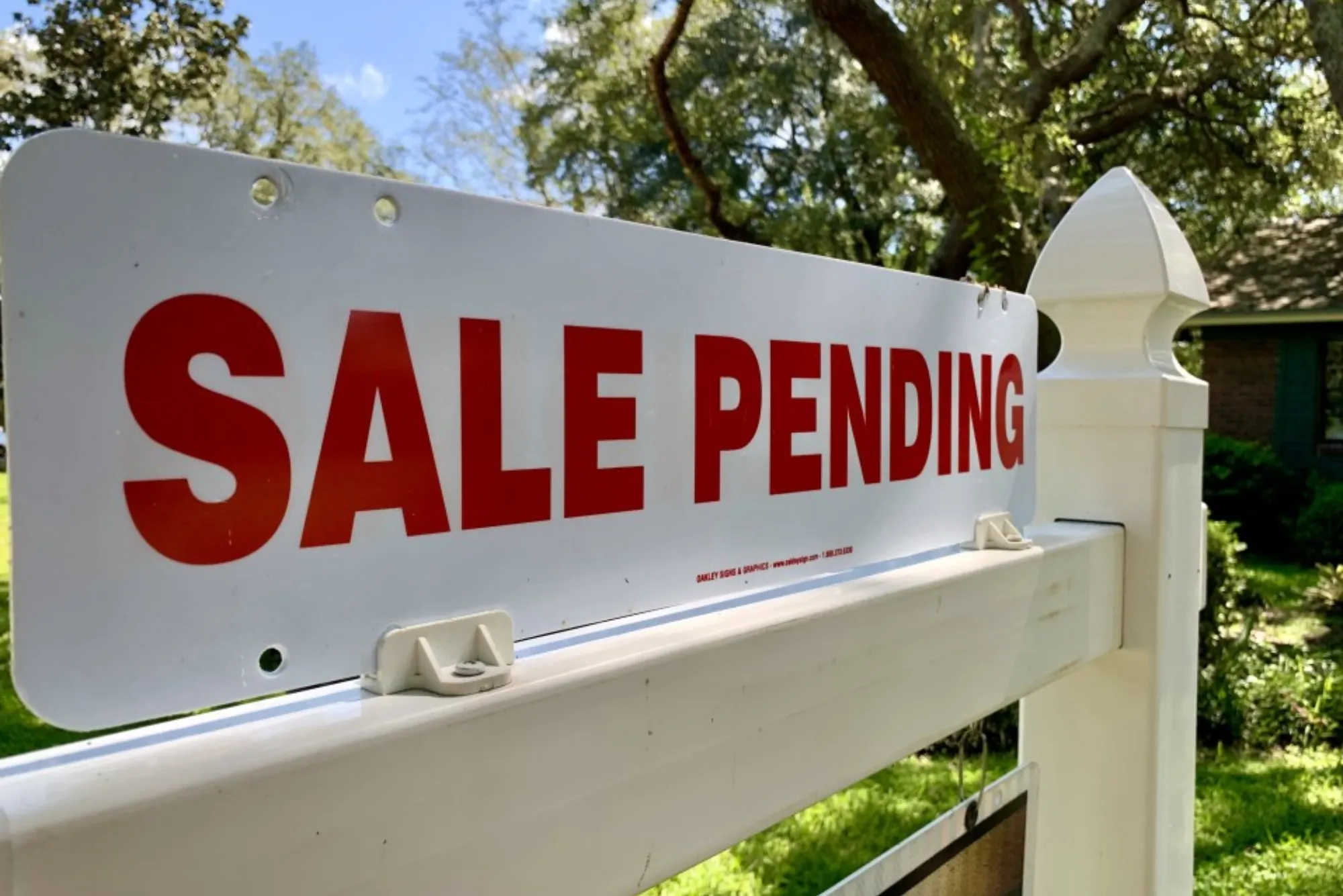In the world of real estate, there are many terms and statuses that can be confusing, especially for first-time buyers and sellers. One of these terms is “Pending,” which often comes up during the buying or selling process. Understanding what “Pending” means and how it affects the transaction is essential to making informed decisions. In this article, we’ll explore what “Pending” means in real estate, how it impacts buyers and sellers, and what you should know if you encounter a property listed as “Pending.”
What Does “Pending” Mean in Real Estate?
In real estate, “Pending” refers to a property that is under contract, but the sale has not yet closed. This means that the seller has accepted an offer from a buyer, and both parties are in the process of completing the necessary steps to finalize the sale. The property is essentially in limbo between the “active” phase and the “sold” phase. During this time, the property is no longer available for other buyers to submit offers, but the transaction is not yet complete.
“Pending” is different from other statuses, such as “Active,” which means the property is still available for sale, or “Sold,” which indicates that the transaction has been finalized. A property listed as “Pending” is one where all the terms have been agreed upon, but the final paperwork and other conditions are still being processed.
The Different Types of Pending Statuses
When you see “Pending” on a listing, it may be followed by different conditions or contingencies. Understanding the nuances of these statuses can help you determine the current state of the transaction.
Pending with Contingencies
One common type of pending status is “Pending with Contingencies.” This means that while the buyer and seller have reached an agreement, the sale is contingent on certain conditions being met. These contingencies could include home inspections, appraisals, or financing approval. For example, a buyer may agree to purchase the property, but the deal will only go through if the home passes an inspection or if the buyer secures a loan. If any of these contingencies are not met, the deal could fall through, and the property may go back on the market.
Pending without Contingencies
On the other hand, “Pending without Contingencies” indicates that the property is under contract and all conditions have been satisfied or waived. This means that there are no further hurdles to clear, and the sale is likely to proceed to closing unless something unexpected happens. Buyers may still have some room to back out in rare cases, but in general, the deal is almost finalized.
Pending Sale

Sometimes a property is listed as “Pending Sale.” This status typically means that the property is in the final stages of the transaction, but it hasn’t yet officially closed. It is still considered under contract, and the sale is expected to go through unless there is an issue during the final steps. This status often comes up when the buyer’s financing is being finalized or the final paperwork is being processed.
What Happens After a Property Goes Pending?
Once a property goes into the pending stage, both the buyer and the seller need to complete several steps before the sale can be closed. For the buyer, this typically means finalizing their mortgage, completing any inspections, and ensuring that all other conditions of the contract are met. For the seller, this may involve making necessary repairs or providing documents needed for the sale.
The time between a property going “Pending” and the transaction closing can vary, but it usually takes several weeks to a couple of months. During this time, both parties are working to ensure that everything is in place for a smooth transition of ownership.
Can Buyers Still Make Offers on Pending Properties?

In most cases, once a property is marked as “Pending,” it is no longer available for other buyers to make offers. However, there are exceptions. For instance, if the sale falls through due to issues such as financing problems, the property may become available again, and other buyers could submit offers.
Some buyers may try to make an offer on a pending property in the hopes that the current deal will fall through. However, the seller is not obligated to accept these offers unless the transaction fails for some reason. If you’re interested in a pending property, it’s best to stay in touch with your real estate agent to be alerted if the property becomes available again.
How Long Does a Property Stay in “Pending” Status?
The length of time a property stays in the “Pending” status depends on several factors, including the type of transaction and the speed at which both parties are able to complete their required steps. On average, a property might remain pending for anywhere between 30 and 60 days, but this can vary widely. In a competitive market, where buyers and sellers are motivated to close quickly, the process may move faster. Conversely, in slower markets, it might take longer for the transaction to close.
Factors such as the complexity of the transaction, the buyer’s financing situation, and any required inspections or repairs can all affect the timeline.
Risks and Considerations for Buyers and Sellers
For Buyers
One of the main risks for buyers is the uncertainty of whether a pending deal will go through as planned. Buyers should be aware that even though a property is under contract, issues can arise that may cause the sale to fall through. If you are particularly interested in a pending property, staying in close communication with your agent can help you stay informed about any changes in the status.
For Sellers
For sellers, managing expectations during the pending stage is important. Sellers should be aware that while the property is under contract, it is not officially sold until the deal closes. It’s essential to keep the property available for other buyers in case the transaction falls through. Sellers should also be proactive about communicating with the buyer to ensure all contingencies are met and the sale proceeds smoothly.
What to Do If the Sale Falls Through
Sometimes, deals that are pending may not close as expected. There are many reasons why this can happen, such as issues with financing, home inspections, or appraisal values. If a sale falls through, the property may go back on the market, and the seller can entertain other offers.
Buyers who were interested in the property may have the chance to submit a new offer, and sellers can relist the property and try again. It’s important for both parties to have a backup plan in case things don’t go as expected.
The “Pending” status in real estate signifies that a property is in the process of being sold, but the transaction has not yet closed. Whether you’re a buyer or seller, understanding what this status means and how it affects your potential to purchase or sell a property is crucial. Be aware of the different types of pending statuses, the next steps in the process, and the risks involved. By staying informed, you can navigate the real estate market with confidence.
Call to Action
Stay updated with our blog for more real estate tips and insights, or contact us for personalized assistance in buying or selling your home.






